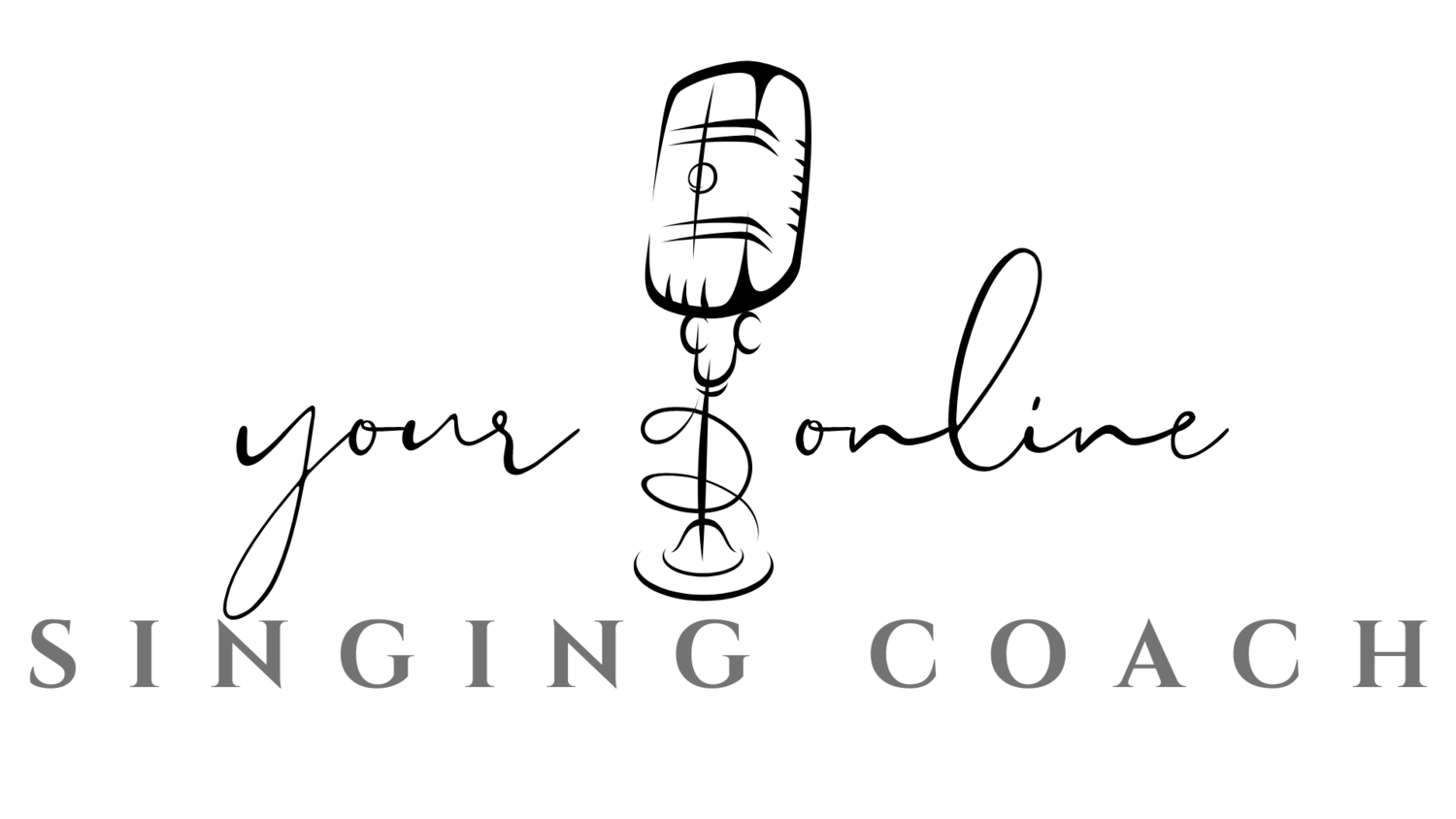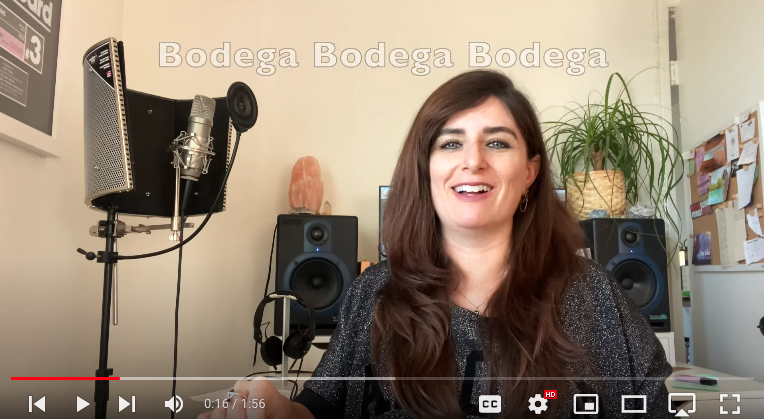A Word About Words
As singers, it’s our job to deliver a message! Sometimes that message might not have a single word, or might just have simple, repeated words. Sometimes those words might be poetic, or obscure, or sometimes the words might need to be sung (or rapped) lightning fast! In a time before the internet, we couldn’t look up the words to a song we couldn’t understand. My mom teases me to this day about some of the words I thought I heard as a young child, like “so swallow your pie” in the song, “Lean On Me, ” which made a lot more sense to a kid than, “so swallow your pride.”
While an emphasis on making words decipherable is more often the case for choral and classical music than pop genres, we need to consider that the message might get lost if we’re mumbling the words. Has anyone told you to improve your diction? What does diction mean? We’re going to take a quick look at the most common words used in singing lessons to describe a desire for a clearer delivery of the words of a song. They are fairly interchangeable, but here is precisely what each word means:
Pronunciation
The act of saying a word correctly, based on our language, and our region. For example, pronouncing the word, “chief” as “chife” (rhyming with “knife”), is incorrect pronunciation.
In pop singing, we might purposefully loosen precise pronunciation, more to the way we speak words, to match the informality of pop music vs. the formality of classical singing. For example, in a pop song, you might pronounce the word “believe,” as “buh-leeve,” and in a classical song, you might pronounce the same word as “bee-leeve.” Pop pronunciation is largely at the singer’s discretion. Classical and choral singing have stricter pronunciation guidelines. Vowel modifications also play a role in pronunciation. Using the same word as an example, it might be easier to sing “buh-leave” on a high, held note for the “buh,” because it’s a more open vowel sound.
Enunciation
Singing each word in a clear and concise way. Also, singing with a focus on making the words of a song easily understood. This means, for example, leaning into consonants, and at times, intentionally over-pronouncing them.
For example, in Taylor Swift’s song, “Blank Space,” her lazy enunciation of the “t” consonant-sound in the phrase, “got a long list of ex-lovers,” made a lot of people think she was singing, “got a lonely Starbucks lover!” See Taylor mention this snafu here.
Articulation
“The physical act of using your tongue, jaw, teeth, lips, palate (roof of your mouth), and breath to create sounds.” - Integrated Learning Strategies: Articulation & Enunciation
In singing, if your teacher suggests your articulation could be improved, they are telling you you need to make your mouth more active. Maybe your lips are loose, and not shaping the consonants clearly. Maybe you’re clenching your jaw and not opening your mouth enough for vowels to resonate. Good articulation is required for good enunciation (unless you’re a ventriloquist!).
Diction
The particular and proper way we pronounce and enunciate our words as we sing. The word “diction” encompasses all three of the above words, pronunciation, enunciation, and articulation.
For example, a singer might have excellent English diction, but when they sing in another language, their diction might be disastrous!
That could mean the pronunciation - the correct way to say a word - is off.
That could mean the enunciation is off - perhaps the singer is mumbling words she is having problems deciphering.
That could mean the articulation is off - perhaps the singer isn’t used to shaping her lips for vowel shapes that aren’t used in English, such as an “ö.”
And all three issues could be happening all at once!
If you want an even more detailed discussion on diction, check out this article: https://www.choraegus.com/learn/choral-diction/
And now for some fun! Let’s practice some diction exercises (in the form of tongue twisters) with my unlisted diction exercises playlist. You’ll only find it here (or if you’re on my mailing list!). What is your favorite diction exercise?


